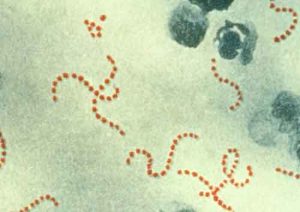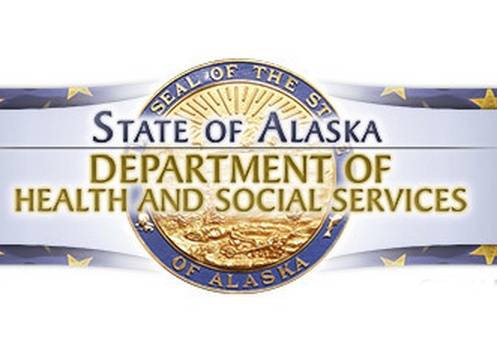
The Alaska Section of Epidemiology is working in collaboration with the Centers for Disease Control and Prevention’s Arctic Investigations Program and the Municipality of Anchorage on characterizing and responding to an increased number of invasive Group A Streptococcus infections, it was announced by the Alaska Department of Health and Social Services on Tuesday.
Group A Streptococcus, also known as Streptococcus pyogenes, with its novel genetype emm type 26 (emm-26) has been confirmed in 28 cases, with 10 cases confirmed in Fairbanks and 18 cases in Anchorage. Fourteen of these cases have occurred during October and November, with most of the recent Anchorage cases having occurred in homeless men with a history of alcohol abuse.
The Alaska Department of Health and Social Services said in an advisory:
- Group A streptococcus (GAS) is a bacterium that most often causes asymptomatic colonization of the oropharynx and skin.
- Persons can acquire GAS through contact with respiratory secretions or the skin of colonized persons.
- Over 220 molecular subtypes of GAS have been identified based on variations in the emm gene that codes for the cell surface M virulence protein.
- GAS can cause illnesses such as pharyngitis or skin infections, but more severe and invasive disease can occur such as sepsis, necrotizing fasciitis, and streptococcal toxic shock syndrome (STSS).
- Colonized persons at highest risk for developing invasive disease include:
- Persons older than 65 years,
- Persons who are immunocompromised either by disease or medications, and
- Persons with certain underlying medical conditions, e.g., diabetes, cancer, or heart disease (1).
- Early identification and treatment of GAS infections can reduce the risk of complications.
According to the advisory on the outbreak:
- From February through July, there were 10 cases of invasive disease in the Fairbanks area. All 10 cases were emm-26 GAS, a genotype not previously identified in Alaska.
- From August through November, 18 cases of invasive disease caused by emm-26 GAS were identified in Anchorage; two additional suspected emm-26 cases are under investigation. Almost all of the patients with emm-26 in Anchorage have been homeless. Most of the patients in the Fairbanks area were not homeless.
- Eight patients have had necrotizing fasciitis (6 in Anchorage, 2 in Fairbanks).
- Three patients have had STSS (2 in Anchorage, 1 in Fairbanks).
- Four patients have died (2 in Fairbanks, 2 in Anchorage).
- Invasive GAS outbreaks can occur in unique settings (like nursing homes, hospitals, day care centers), as well as in communities.
- With a closed setting, such as a nursing home, patients and staff may be tested to see if they are oropharyngeal or skin carriers of the bacteria and then given antibiotics to presumptively treat infection (chemoprophylaxis) or to get rid of the bacteria (decolonization). In a community setting with an open and transient population, the value of widespread testing and chemoprophylaxis or decolonization is unclear.
The Alaska Section of Epidemiology and the CDC-AIP are working together to investigate the outbreak with the assistance of the Municipality of Anchorage’s Department of Health and Social Services, and the agencies have been consulting with experts with CDC in Atlanta.[xyz-ihs snippet=”adsense-body-ad”]The Alaska Department of Health and Social Services has been in contact with Alaska health care providers, advising that they maintain an elevated index of suspicion for invasive GAS infections, especially in persons with skin and soft tissue infections so that providers can initiate appropriate early therapy to reduce morbidity and mortality. ADHSS is also communicating with homeless service providers to raise awareness among homeless people and to promote personal hygiene and prompt wound care.
The best way to prevent the spread of GAS is to follow good personal hygiene practices, including frequently washing hands with soap and water, covering coughs and sneezes, and keeping wounds clean and dry.
Persons with skin or possible GAS infection should seek medical care immediately.[xyz-ihs snippet=”Adsense-responsive”]





